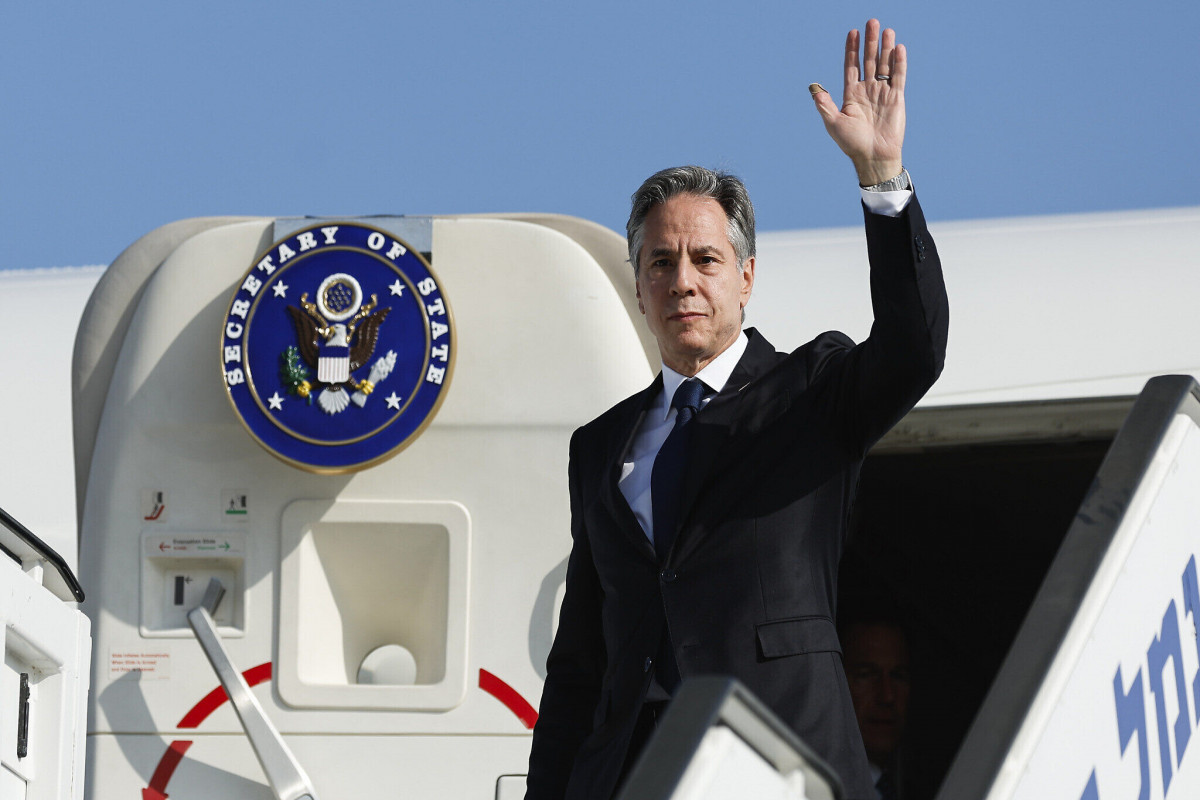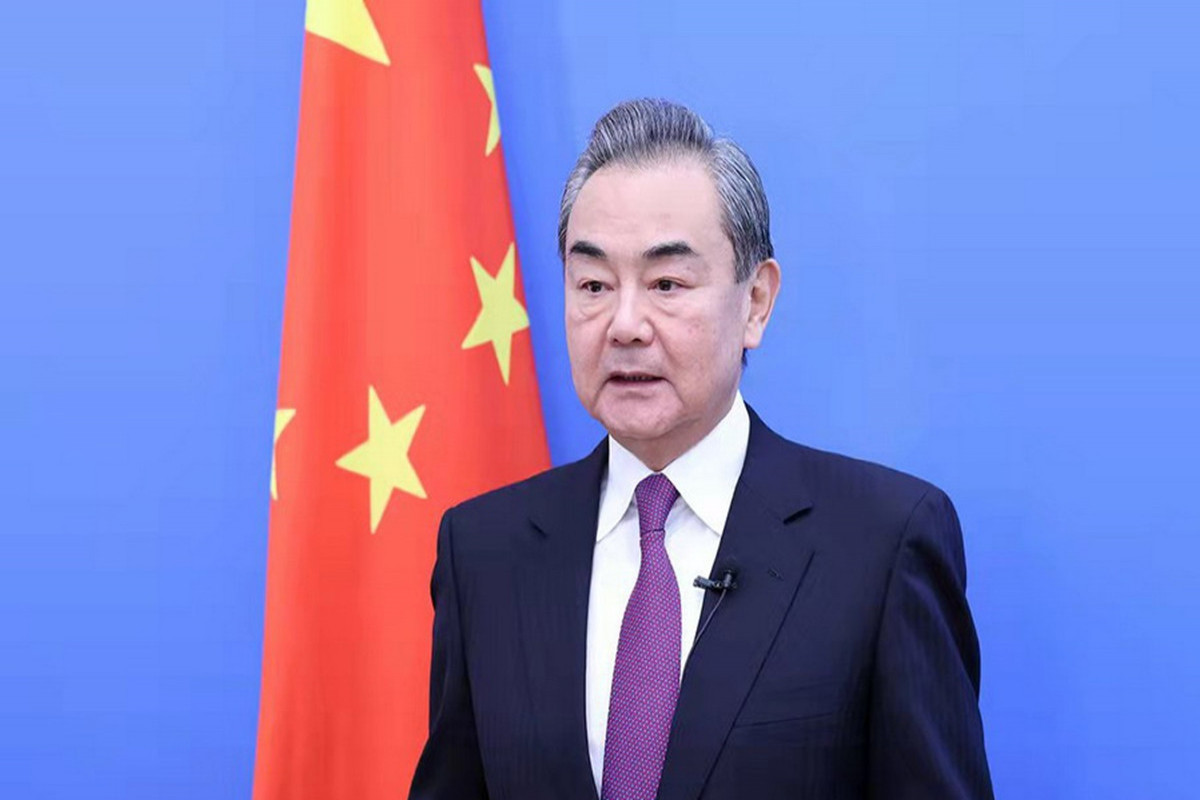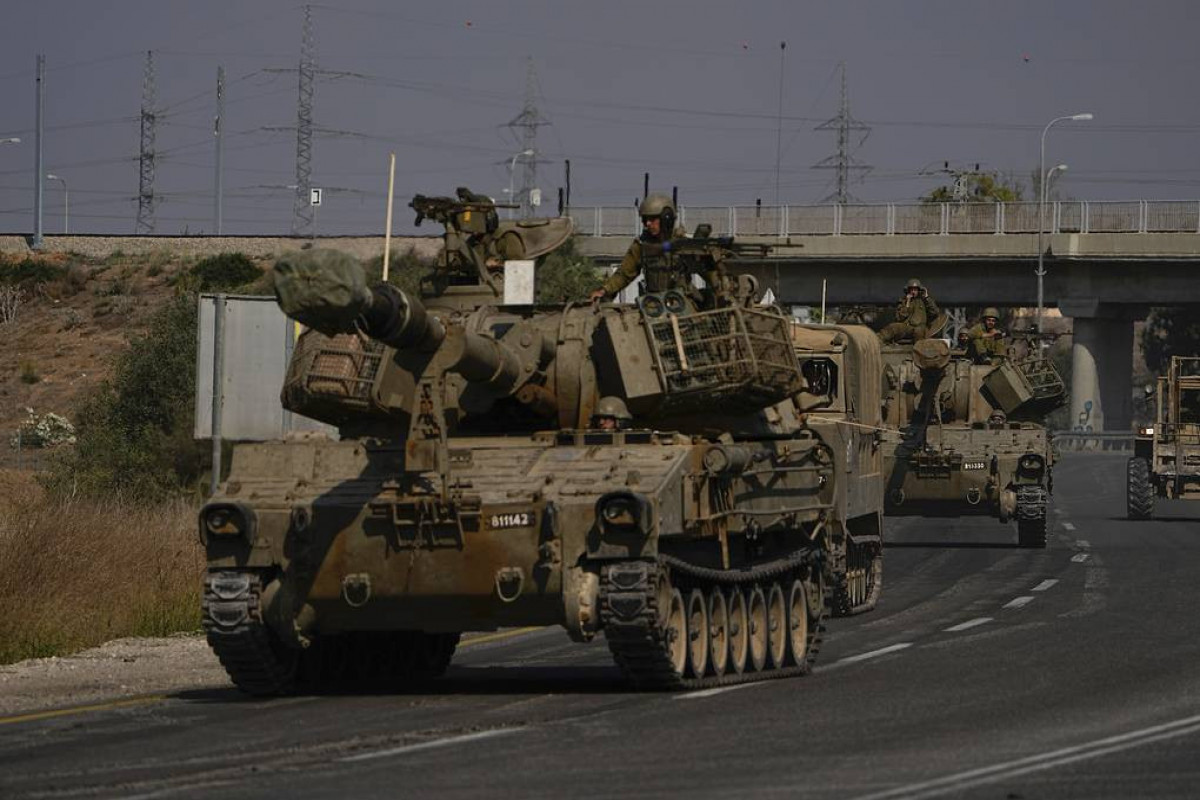Baku-APA. Iraq has asked the United States for air support in countering Sunni rebels, the top U.S. general said on Wednesday, after the militants seized major cities in a lightning advance that has routed the Shi'ite-led government's army, APA reports quoting Reuters.
However, General Martin Dempsey, the chairman of the U.S. military’s Joint Chiefs of Staff, gave no direct reply when asked at a Congressional hearing whether Washington would agree to the request.
Baghdad said it wanted U.S. air strikes as the insurgents, led by fighters from the Islamic State of Iraq and the Levant (ISIL), battled their way into the biggest oil refinery in Iraq and the president of neighbouring Iran raised the prospect of intervening in a sectarian war that threatens to sweep across Middle East frontiers.
"We have a request from the Iraqi government for air power," Dempsey told a Senate hearing in Washington. Asked whether the United States should honour that request, he answered indirectly, saying: "It is in our national security interest to counter ISIL wherever we find them."
In the Saudi city of Jeddah, Iraqi Foreign Minister Hoshyar Zebari said Baghdad had asked for air strikes "to break the morale" of ISIL.
While Iraq's ally, Shi'ite Muslim power Iran, had so far not intervened to help the Baghdad government, "everything is possible", he told reporters after a meeting of Arab foreign ministers.
Sunni fighters were in control of three quarters of the territory of the Baiji refinery north of Baghdad, an official said there, after a morning of heavy fighting at gates defended by elite troops who have been under siege for a week.
ISIL aims to build a Sunni caliphate ruled on mediaeval precepts, but the rebels also include a broad spectrum of more moderate Sunnis furious at what they see as oppression by Baghdad.
Some international oil companies have pulled out foreign workers. The head of Iraq's southern oil company, Dhiya Jaffar, said Exxon Mobil had conducted a major evacuation and BP had pulled out 20 percent of its staff. He criticised the moves, as the areas where oil is produced for export are mainly in the Shi'ite south and far from the fighting.
Washington and other Western capitals are trying to save Iraq as a united country by leaning hard on Shi'ite Prime Minister Nuri al-Maliki to reach out to Sunnis. Maliki met Sunni and Kurdish political opponents overnight, concluding with a frosty, carefully staged joint appearance at which an appeal for national unity was read out.
In a televised address on Wednesday Maliki appealed to tribes to renounce "those who are killers and criminals who represent foreign agendas".
But so far Maliki's government has relied almost entirely on his fellow Shi'ites for support, with officials denouncing Sunni political leaders as traitors. Shi'ite militia - many believed to be funded and backed by Iran - have mobilised to halt the Sunni advance, as Baghdad's million-strong army, built by the United States at a cost of $25 billion, crumbles.
Like the civil war in Syria next door, the new fighting threatens to draw in regional neighbours, mustering along sectarian lines in what fighters on both sides depict as an existential struggle for survival based on a religious rift dating to the 7th century.






